(369 products available)






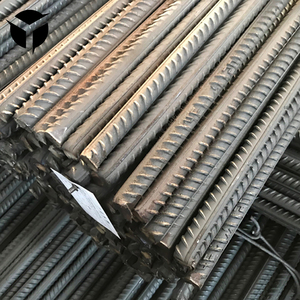
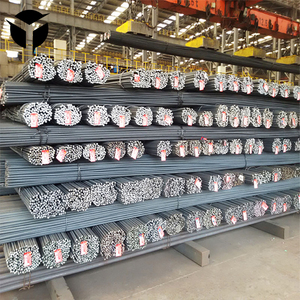








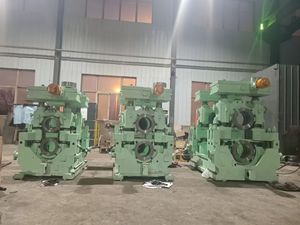










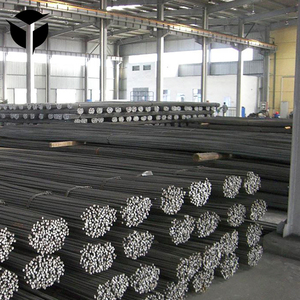





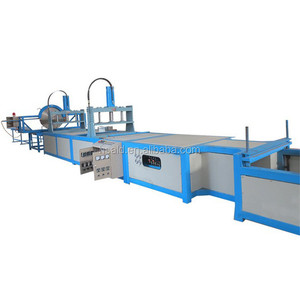
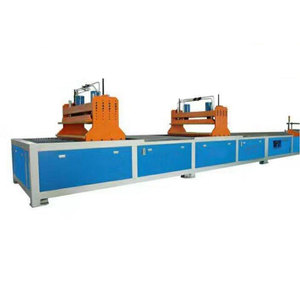
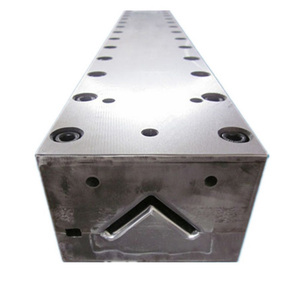
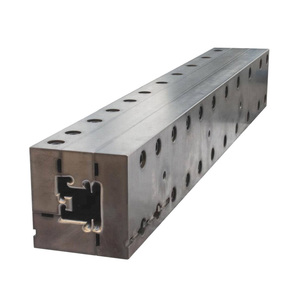





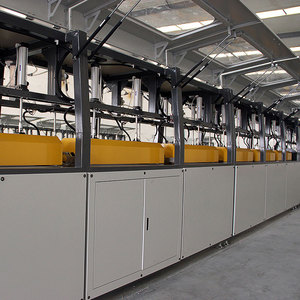






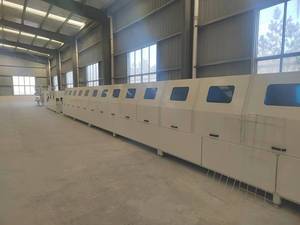


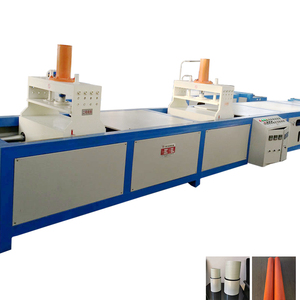

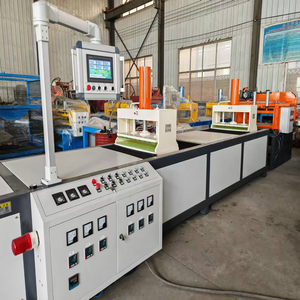
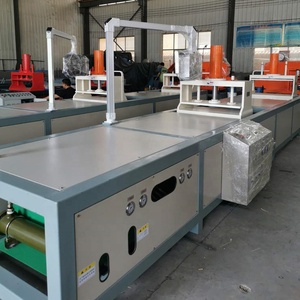
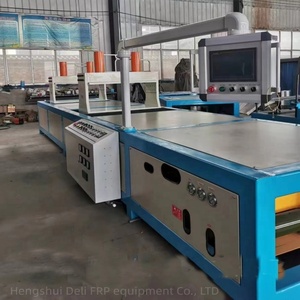








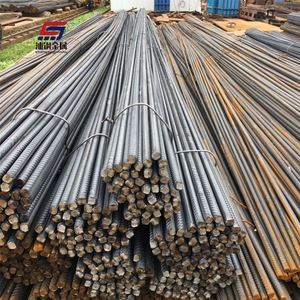










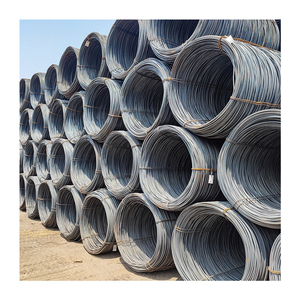




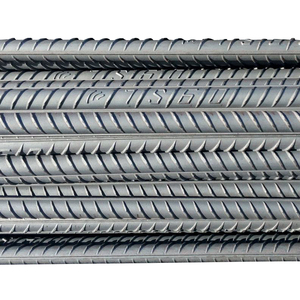






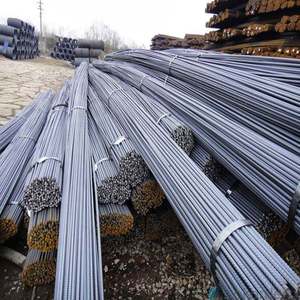

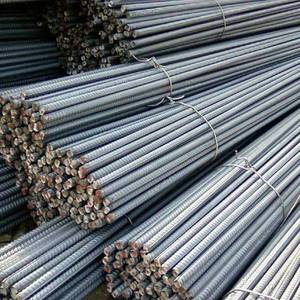




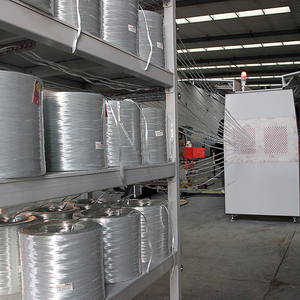





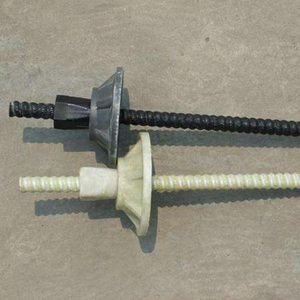





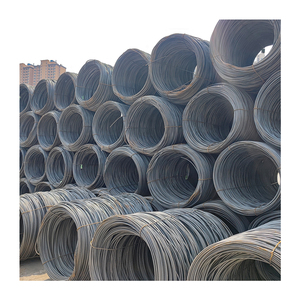




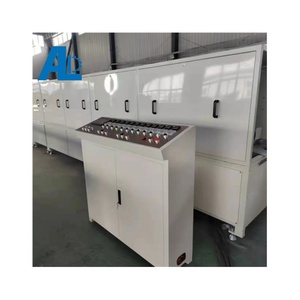

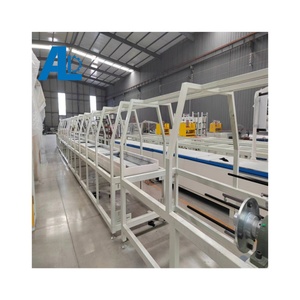















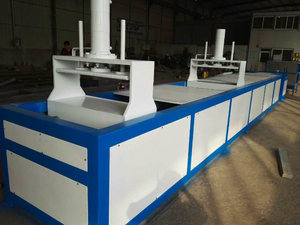

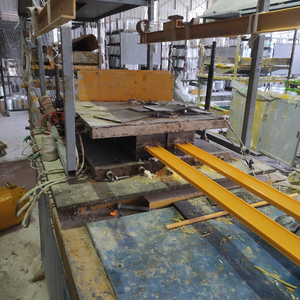





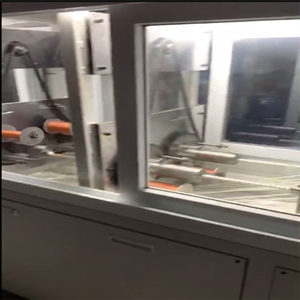
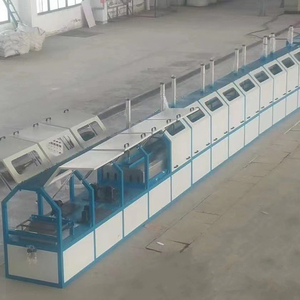


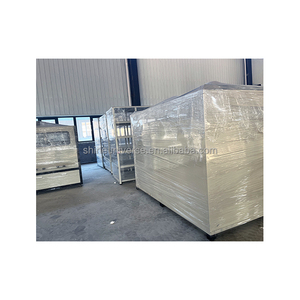

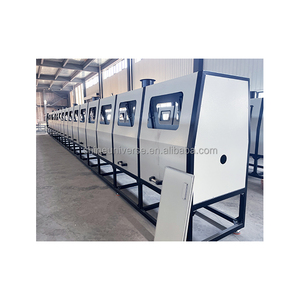














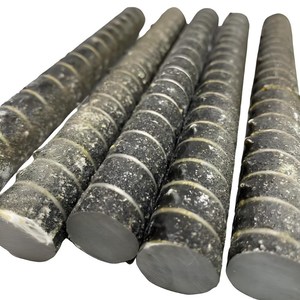













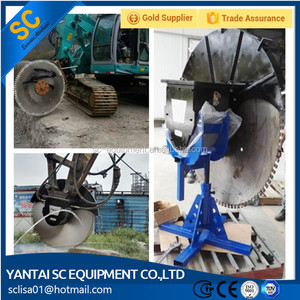
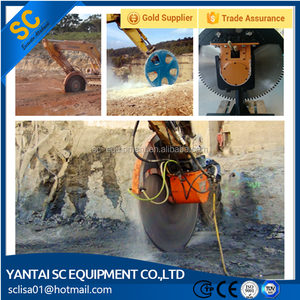

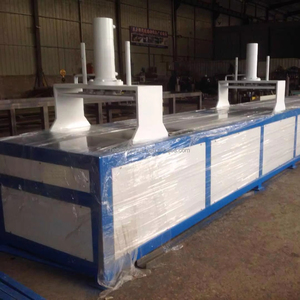
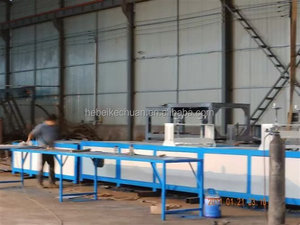
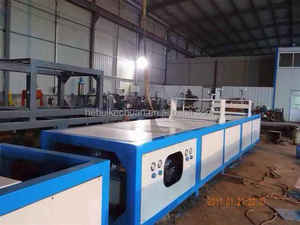



The process of making basalt fibrebars is complicated and difficult. The extra complication arises because there are so many different kinds of rebar made out of basalt, each with its own unique use. Thanks to modern technology, basalt rebars can be made in bulk with the help of machines.
The specifications of basalt rebar making machines can vary depending on the manufacturer and model. Here are some specific specifications of typical basalt rebar machines.
Proper maintenance of the basalt rebar machine is crucial to ensuring its smooth operation, production quality, and service life. Here are some maintenance tips for a basalt rebar machine.
Construction of seismic-resistant structures:
Due to stable material properties and low density, something stronger also becomes lighter, making them ideal for construction industry usage. The seismic-proof attribute makes it an imperative material choice for constructing buildings in earthquake-prone regions. Weight reduction is always a factor that engineers look for in construction material without compromising structural integrity; hence, these bars are perfect for supporting weight with minimal use.
Coastal and marine infrastructure:
Structures such as bridges and underwater elements are always exposed to harsh conditions and potential corrosion. After all, these links ensure smooth transportation between regions and the connectedness of communities and economies. The longevity and strength of basalt bars under harsh elements ensure that marine infrastructure is secure and uninterrupted.
Infrastructure repair and rehabilitation:
Many infrastructures built years ago are still vital connections for transport and trade. Highways, bridges, tunnels, and road networks need to remain strong and connected to carry people, goods, and commerce. The use of basalt bars in these infrastructures that need repairing ensures that the structures are again anchored with long-lasting, corrosion-free material.
High-performance concrete structures:
Structures that need high-performance concrete for a solid and robust foundation—like airports, dams, and transit stations—hence, the solid support of basalt bars ensures that these critical infrastructures to air and land transport are stable and long-lasting. Cracks and wear and tear in these areas would greatly affect transit, therefore, anchoring them with a material like basalt makes sense.'
Energy sector infrastructure:
Wind energy production stations, hydroelectric dams, transit and storage facilities for oil and gas, and solar farms all rely on fiber bars to support critical structures that produce and connect renewable energy systems across regions. Connecting the dots of where energy sources are and how consumers access them over land and sea is essential, and the solid structural support of basalt bars makes that possible.
Production Capacity:
One of the key factors to consider when choosing a machine is its production capacity. This determines the amount of basalt rebar that can be produced within a specific timeframe. Depending on the scale of operations and project requirements, it is essential to select a machine with the appropriate capacity to meet production demands.
Quality Control:
Another important consideration is the quality control mechanisms integrated into the machine. Basalt rebar ensures structural integrity and uniformity. Devices with quality control features such as inspection stations and automated measurement systems can help maintain consistent product quality.
Flexibility and Versatility:
When choosing a basalt rebar constructing machine, it is crucial to evaluate its flexibility and versatility. One needs to consider if the device can handle different types and sizes of rebars. Moreover, machines with adjustable production lines can accommodate changing project requirements.
COST-EFFECTIVENESS:
When selecting a basalt rebar machine, it is essential to consider its cost-effectiveness. This includes evaluating the initial purchase price, operating costs, and potential return on investment. Rebar machines with higher efficiency and lower energy consumption can contribute to long-term cost savings.
USER-FRIENDLY INTERFACE:
Another critical factor in choosing a basalt rebar machine is the user-friendly interface. Intuitive controls and clear displays can simplify operation and reduce training time for staff. In addition, ergonomic design considerations can enhance productivity and minimize worker fatigue.
Q1: Are there any disparities in the basalt rebar market as compared to steel rebar?
A1: Yes, the disparity in the market is essential to note. Steel rebar has established itself widely due to the known industrial use. The rebar market is used to scarcity and pricing issues than the basalt rebar market.
Q2: Can the machine's production capacity be increased by investing in premium parts?
A2: Yes, investing in premium components typically known for excellent performance can increase the machine's production capacity.
Q3: Does the basalt rebar machine need a dedicated power transformer?
A3: Machines with high production capacities often use dedicated power sources to ensure consistent, uninterrupted performance.
Q4: What are some benefits of using basalt manufacturing machines?
Basalt manufacturing machines enhance production efficiency, quality control, and automated operation leading to increased manufacturing capacity.